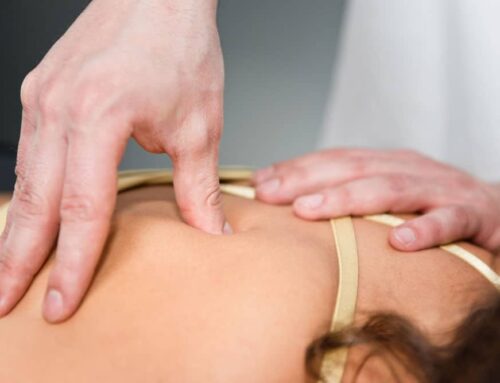The Benefits Of Physical Therapy
Physical therapists and physical therapist assistants help you maximize your movement, manage pain, avoid surgery and prescription drugs, manage chronic (long-term) conditions, and recover from and prevent injury.
Maximize Your Movement
Physical therapists identify, diagnose, and treat movement problems. They help people maintain or restore as much function as possible. Physical function and movement are very important to:
Maximize Your Get the Recommended Amount of Physical Activity
Regular physical activity can benefit your physical, mental, and social health. It also helps to prevent or improve many chronic conditions, such as:
Care For Your Specific Needs
Physical therapists design treatment plans specific to each person’s needs, challenges, and goals. They work together with you to develop strategies and help you achieve your goals. Physical therapists and PTAs care for people of all ages and abilities.
Manage Pain and Avoid Opioids
While doctor-prescribed opioids are suitable for some cases, they only mask pain. Physical therapists help people manage pain without the risks of opioid use. Opioid risks include depression, substance use disorder, overdose, and withdrawal symptoms when stopping use.
To manage long-term pain, the CDC recommends safer options like physical therapy.
Avoid Surgery
Physical therapists help people manage pain and improve movement problems. Some pain and movement problems can become chronic and lead to surgery.
Physical therapy helps to reduce the symptoms of many chronic diseases and conditions. It also can keep many problems from getting worse. Physical therapists can help you avoid the need for, and the costs and risks of, surgery.
Research shows that physical therapy is as effective as surgery for some conditions, including:
Before you have surgery, try physical therapy. In some cases, surgery cannot be avoided. Physical therapy helps people prepare for and recover after surgery.
Participate in Your Recovery
Physical therapists and PTAs empower people to take an active role in their care. They work with each other, and other health care providers, to make sure patients receive the best care.



